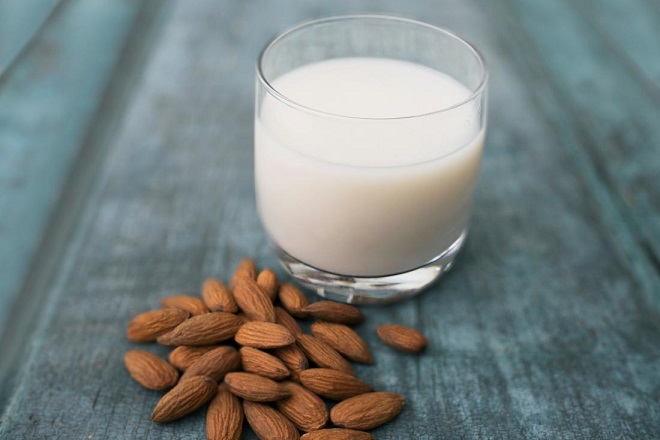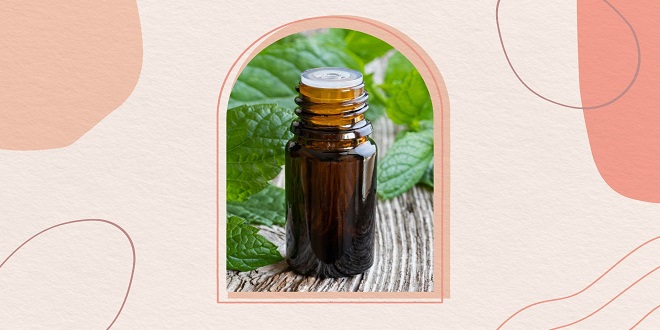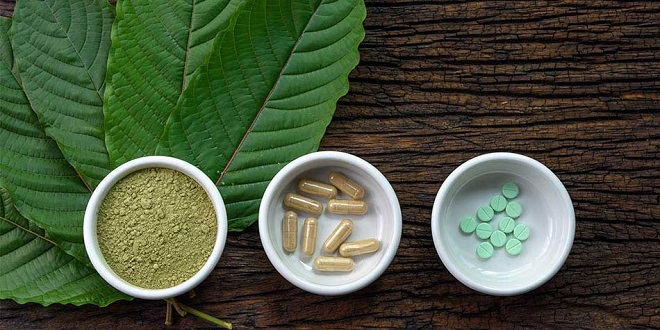10 Home Remedies For Heart Disease

A person dies from heart disease every second in America alone, making it the top cause of fatality for both men and women. When the blood vessels stiffen and plaque builds up over time, heart disease occurs from the cardiovascular system’s inability to function effectively.
A safer option is important because the drug used to treat heart disease has a long list of negative side effects that might lead to other issues. Vena CBD gummies are a secure alternative.
- Garlic – Garlic is a fantastic natural cure for heart disease because it has been used for ages to improve heart health. The scent of garlic is caused by a substance called allicin that is released when garlic cloves are crushed. Also, allicin keeps your arteries flexible, which improves blood flow to your heart.
Additionally, garlic has been shown to lower blood levels of bad cholesterol, treat high blood pressure, and reduce inflammation, all of which work together to minimize the chance of having a heart attack.
- Flaxseeds – Flaxseeds are effective as a natural therapy for certain ailments. It assists in lowering high cholesterol levels, which is one of its advantages. By doing so, you lower your risk of heart attack and maintain heart health.
Furthermore, flaxseed is a great source of omega-3, which is frequently advised to those with any form of heart disease. This is due to the fact that it may aid in reducing inflammation and blood pressure.
Plus, they are high in fiber, which lessens the accumulation of plaque in your arteries and enhances the health of your heart. Although you can utilize the oil if that’s easier for you, in general, crushing or grinding the seeds themselves is more advantageous than merely using the oil.
- Bran – Bran cereal has a lot of fiber, which helps to maintain healthy cholesterol levels. As a result, it’s an excellent home treatment for heart disease because it keeps your heart healthy and lessens the stress put on it.
- Olive oil – Making the most of healthy fat sources like olive oil is advised by institutions. Giving your heart more omega-3 fatty acids and lowering inflammation, can help keep it in good condition.
- Vitamin K2 – It’s well known that vitamin K2 can enhance heart health. According to a study, eating a diet high in vitamin K can lower the risk of developing deadly cardiac conditions and heart disorders. By consuming more leafy greens and deep green veggies, you can increase your intake of vitamin K.
Consuming sufficient vitamin K2 can also aid in reducing calcium build-up in your veins, which will help to lower your risk of heart disease.
- Pecans – Magnesium, which is abundant in pecan nuts and extremely good for your heart health. You can get one-third of your daily recommended magnesium intake from only one ounce of pecans. To simply increase your intake, try using them as a salad topping.
- Salmon – Similar to olive oil, salmon is a great source of good fats like omega-3 that lower blood levels of harmful cholesterol and keep arteries from clogging. Also, doing so can ease the tension in your heart and help you control your blood pressure. Vitamin B12 is essential for keeping a healthy heart, which is also abundant in salmon.
- Whole Wheat Bread & Peanut Butter – Why not spread your peanut butter on a piece of whole-wheat bread before eating it? Due to the high quantities of vitamin E and selenium in whole-wheat bread, this combines two excellent natural treatments for heart disease. You need both of these substances to improve and sustain the health of your heart.
- Broccoli – Calcium is essential for the health of your heart and is abundant in broccoli. The average amount of calcium in one cup of broccoli is 90 milligrams, which is excellent for your heart.
- Exercise – Regular exercise helps to strengthen your heart, enhancing its ability to pump blood, and maintaining heart health. Likewise, it aids in lowering blood levels of bad cholesterol while raising levels of good cholesterol. As a result, it can greatly lower your chance of developing heart disease.




